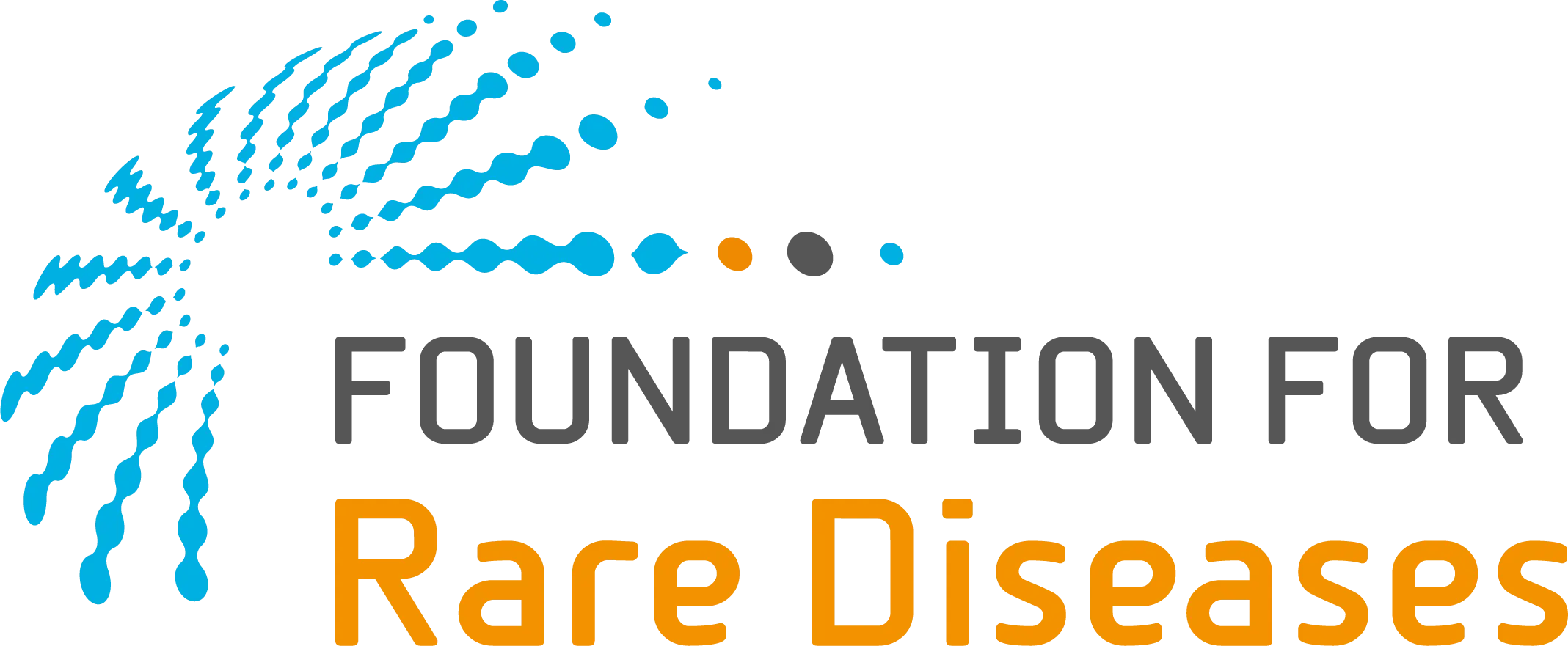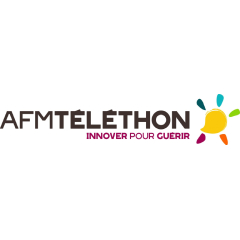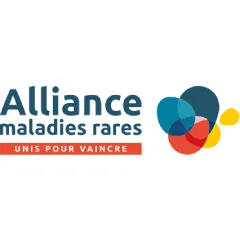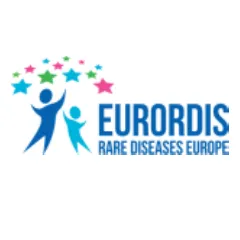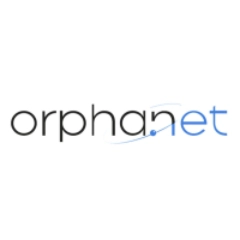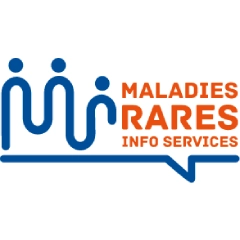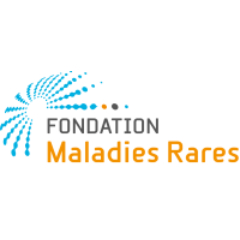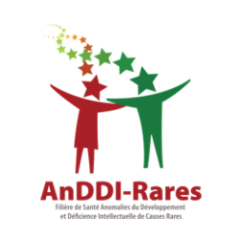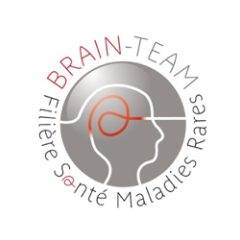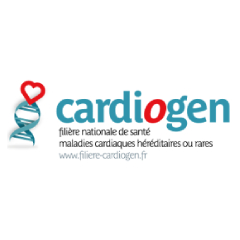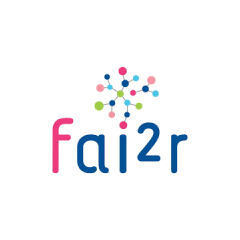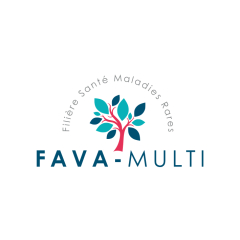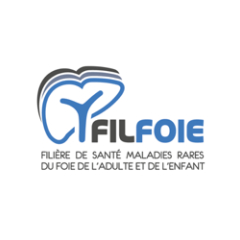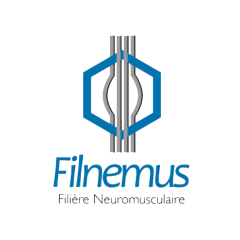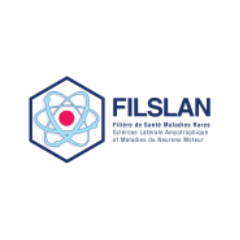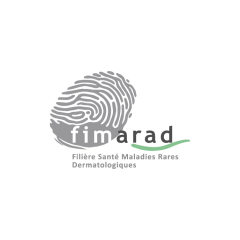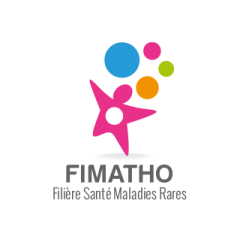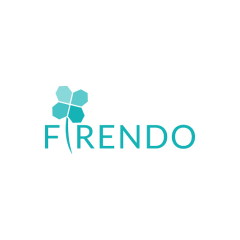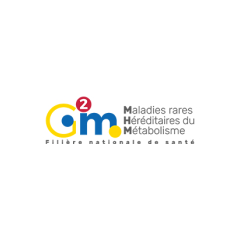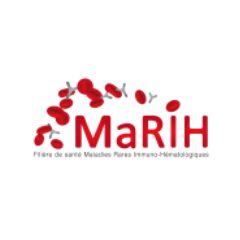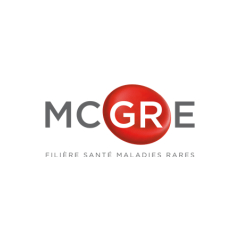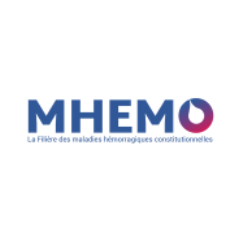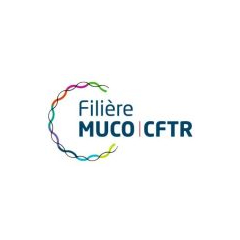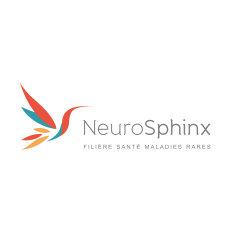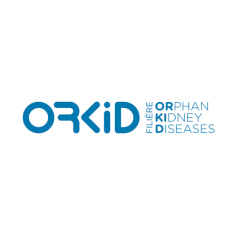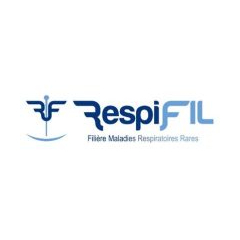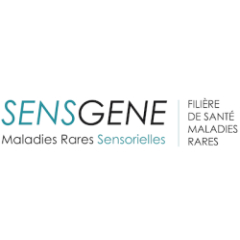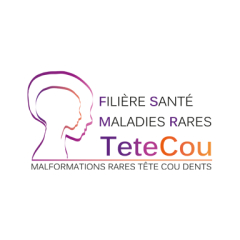OUR ENVIRONMENT
National and European actors
France plays a pioneering role in the field of rare diseases: it was the first country in Europe to develop and implement a national plan.
Under the impetus of the association movement, rare diseases have become a major public health concern, with the constant support of public authorities. In 1995, the Minister Simone Veil created the mission of orphan drugs.
In 2003, the Minister Jean-François Mattei announced in the framework of the 2004-2007 public health law the implementation of a strategic plan to improve the care of people suffering from rare diseases: the 1st national plan for rare diseases was thus launched.
Direction Générale de l'Offre de Soins (DGOS)
Mission Maladies rares
14 avenue Duquesne 75350 Paris 07 SP
E-mail: dgos-maladiesrares[@]sante.gouv.fr
The Rare Diseases platform
The Plateforme Maladies Rares (Rare Diseases Platform), which brings together 6 structures to advance the fight against rare diseases:
- AFM Telethon
- Rare Diseases Alliance
- Eurordis
- Foundation For Rare Diseases
- Rare Diseases Info Service
- Orphanet
AFM Telethon
The French Association against Myopathies was created in 1958 for people affected by neuromuscular diseases, in order to cure these diseases and reduce the handicap they generate.
Rare Diseases Alliance
Created on February 24, 2000, the Alliance Maladies Rares is an association under the French law of 1901 that brings together more than 200 patient associations, representing nearly 2 million patients, or approximately 2,000 rare diseases.
Eurodis
EURORDIS is a federation of patient organisations and individuals active in the field of rare diseases. Its ambition is to improve the quality of life of all people living with a rare disease in Europe.
Orphanet
Orphanet is the portal for rare diseases and orphan drugs. Orphanet provides information on expert centers or networks of expert centers dedicated to the medical management and/or genetic counselling of a specific rare disease or group of rare diseases.
Rare Diseases Info Services
You can contact Maladies rares Info Services which is the national information and support service for rare diseases.
Foundation For Rare Diseases
The Foundation For Rare Diseases is a scientific cooperation foundation, a private non-profit structure with a general interest mission: to accelerate research on all rare diseases.

AFM Telethon
The French Association against Myopathies was created in 1958 for people affected by neuromuscular diseases, in order to cure these diseases and reduce the handicap they generate. To this end, the association proposes to promote all research allowing, directly or indirectly, the understanding of neuromuscular diseases, for the most part of genetic origin, the development of treatments and the prevention of disability, to promote the dissemination and exploitation of the knowledge thus obtained, to sensitize public opinion, public authorities and all organizations or institutions, at the national or international level, to the problems of research, care, prevention and cure, in order to encourage their consideration, to provide material, moral and technical assistance to patients, to promote their social integration, to defend their interests.
The AFM-Telethon has become a major player in the field of rare diseases in France and internationally.

Rare Diseases Alliance
Created on February 24, 2000, the Alliance Maladies Rares is an association under the French law of 1901 that brings together more than 200 patient associations, representing nearly 2 million patients, or approximately 2,000 rare diseases. It also welcomes isolated patients and families, "orphans" of associations.
The Alliance is "a collective, a movement and a network... It is a union that respects the identities and autonomy of each of its members, and does not replace them. AFNP is a member of the Alliance.
The AFM-Telethon has become a major player in the field of rare diseases in France and internationally.

Eurodis
EURORDIS is a federation of patient organisations and individuals active in the field of rare diseases. Its ambition is to improve the quality of life of all people living with a rare disease in Europe. AFNP works throughout the year in partnership with EURORDIS, notably in the framework of the European Reference Network for Rare Neuromuscular Diseases: EURO-NMD.

Orphanet
Orphanet is the portal for rare diseases and orphan drugs.
Orphanet provides information on expert centers or networks of expert centers dedicated to medical care and/or genetic counselling for a specific rare disease or group of rare diseases.

Rare Diseases Info Services
You can contact Maladies rares Info Services which is the national information and support service for rare diseases.
Designed for patients, their families and professionals, it is available via a hotline (01 56 53 81 36 - toll-free call, included in the packages), by e-mail and through numerous forums for exchange on rare diseases. It is the first health information service to be certified compliant with a quality standard (ISO 9001) since 2009.

Foundation For Rare Diseases
The Foundation For Rare Diseases is a scientific cooperation foundation, a private non-profit structure with a general interest mission: to accelerate research on all rare diseases.
It thus contributes to the development of new treatments and to the improvement of the life course of patients. To do this, it is the only national structure that funds and supports targeted projects in the specific field of rare diseases and provides the means for the various players to work together.
The 23 Rare Diseases Health Networks
The Rare Diseases Health Networks are organizations whose purpose is to lead and coordinate actions between the actors involved in the care of rare diseases.
They were created following a call for projects from the Ministry of Health launched in 2013 as part of the 2nd National Plan for Rare Diseases 2011-2016. Their role is to coordinate and decompartmentalize in order to improve the continuum between research, diagnostic innovation, patient care and medico-social follow-up.
Each network brings together many players: the Reference Centers for Rare Diseases (CRMR) and the centers of expertise attached to them, the care structures working with these centers, the laboratories and platforms for in-depth diagnosis, professionals and structures in the social and medico-social sectors, fundamental, clinical and translational research teams and patient associations.
The 387 centers of reference for rare diseases
In order to reduce diagnostic erraticism in rare diseases, to structure the organization of the care offer for rare diseases and to improve its legibility for patients, the 1st National Plan for Rare Diseases has progressively put in place the labeling of centers of reference and the identification of regional or inter-regional centers of expertise for rare diseases.
The multi-site reference centers (CRMR) cover the entire country.
A center of reference brings together a highly specialized hospital team with proven expertise in a rare disease - or a group of rare diseases - and which develops its activity in the fields of care, teaching/training and research. This team is medical but also includes paramedical, psychological, medico-social, educational and social skills.
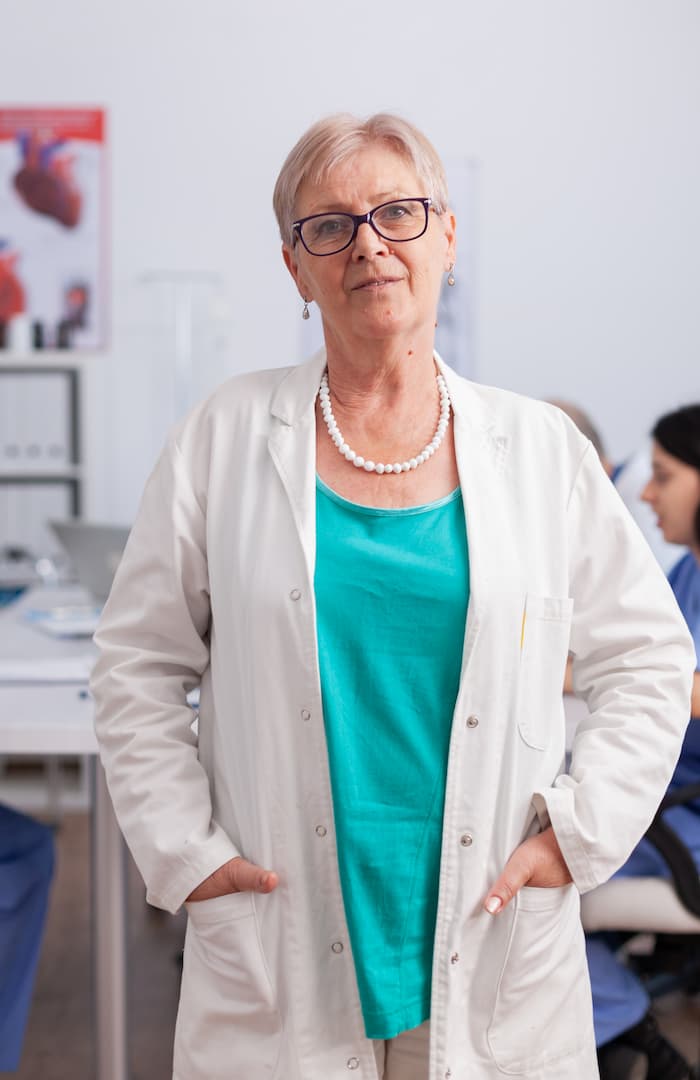
Facilitate the diagnosis and define a strategy for therapeutic, psychological and social support;
Define and disseminate management protocols, in conjunction with the French National Authority for Health (HAS) and the National Union of Health Insurance Funds (UNCAM);
Coordinate research work and participate in epidemiological surveillance, in conjunction with the Institut National de Veille Sanitaire (InVS);
Participate in training and information activities for health professionals, patients and their families, in conjunction with the National Institute for Prevention and Health Education (INPES);
Leading and coordinating networks of health and medical-social correspondents;
To beprivileged interlocutors for guardians and patient associations
The 1845 competence centers
The system of reference centers was completed in 2008 by the system of competence centers. They were identified by the centers of reference and designated by the regional hospitalization agencies (ARH) to ensure local coverage.
A center of competence ensures the care and follow-up of people suffering from rare diseases as close as possible to their home in connection with the CRMR on which it depends functionally. It also provides telemedicine services for people in its geographical area.
It brings together a specialized hospital team with proven expertise in a rare disease or group of rare diseases. It acts as a link with hospital or city health professionals and with the medico-social, educational and social sectors in its health territory. The minimum active file for a center of competence is 25 patients per year
The rare diseases expertise platforms
The August 7, 2019 call for projects provides for the establishment of rare disease expertise platforms in health institutions housing CRMRs and CCMRs.
The objective is toimprove the visibility of the patient pathway and a more equitable network: sharing of expertise, implementation of training, medico-social actions, pooling of knowledge and skills, coordination role in a territory, etc. They reinforce the inter-filières articulation and mutualize resources on missions that are transversal to the rare disease centers on a territorial scale.
The National Data Bank for Rare Diseases
The NDDB is a national database of rare diseases at the service of rare disease care sites. It is a priority project of the National Plan for Rare Diseases 2, financed by the Ministry of Health. The AP-HP has been commissioned by the Direction Générale de l'Offre de Soins (General Directorate of Health Care Services) to manage the development of the BNDMR, particularly the BaMaRa application.
This national database aims to provide France with a homogeneous collection of data based on a minimum data set (MDS) to document the care and health status of rare disease patients in French expert centers, and to better evaluate the effect of national plans.
The European Reference Network
The 24 ERNs launched in Vilnius in March 2017 by the European Commission are designed to address rare and complex, or low prevalence, diseases. These virtual networks connect European rare disease experts.
They involve more than 900 highly specialized healthcare units from over 300 hospitals in 26 Member States. Using a specially designed IT platform and telemedicine tools, these teams across the EU exchange knowledge to ensure the best possible care without the inconvenience of moving the patient.
There are 8 networks in France.
